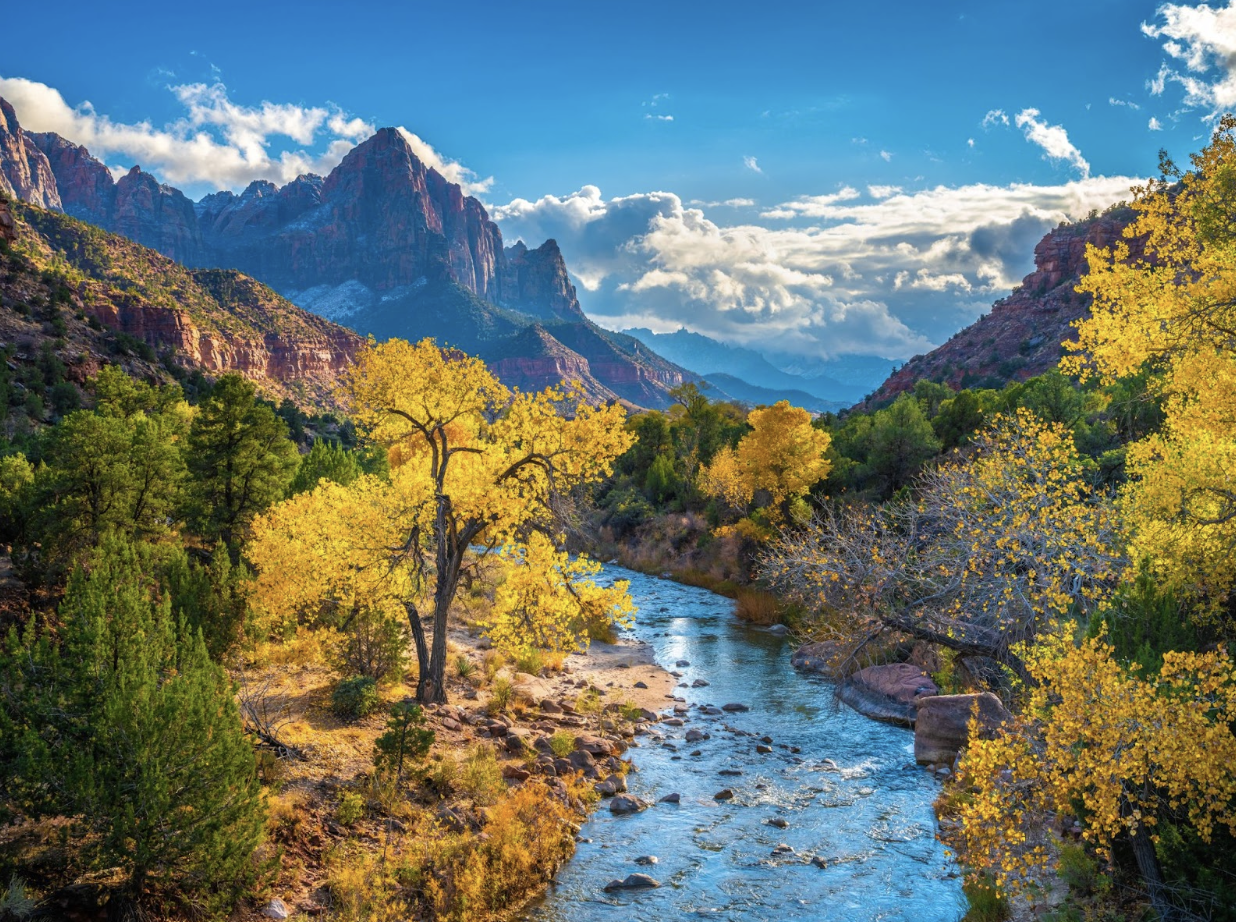
Southern Utah SWPPP provides you with a extensive, streamlined process refined over 10 years to provide your construction site with:
An Engineered StormWater Pollution Prevention Plan (SWPPP)
Inspections
Site Mediation to Mitigate Risk and Liability
State and Local Permits - Initial, Ongoing and Termination
Site Signage
Documentation and Reporting
Installation and Maintenance of BMP's
Long -Term StormWater Management Plan (LTSMP) and Post - Construction Inspections
Why do I need SWPPP protection?
The U.S. Environmental Protection Agency and the Utah Department of Environmental Quality both have regulations regarding stormwater runoff from construction sites. Without SWPPP regulations, contaminants could be washed from construction sites into storm drains, poisoning the drinking water supply as well as the environment, affecting people, animals, birds, fish, reptiles and insects.
When it rains, stormwater washes over the loose soil on a construction site, along with various materials and products stored outside. As stormwater flows over the site, it can pick up pollutants like sediment, debris, and chemicals from that loose soil and transport them to nearby storm sewer systems or directly into rivers, lakes, or other water reservoirs. Southern Utah SWPPP works with construction site operators and Developers to make sure they have the proper stormwater controls in place so that construction can proceed in a way that protects our community’s clean water and the surrounding environment.
Many Southern Utah residents use Irrigation water that comes from groundwater, surface water, rivers, lakes, reservoirs, or other sources. Which is why it is critical to protect our agricultural water sources to minimize the potential for contamination to our land, farms, and animals.
At Southern Utah SWPPP, we make it our job and priority to help companies avoid contaminating the water during the construction phase of their projects. By working together, we can help protect Utah's waters.
Many Southern Utah residents use Irrigation water that comes from groundwater, surface water, rivers, lakes, reservoirs, or other sources. Which is why it is critical to protect our agricultural water sources to minimize the potential for contamination to our land, farms, and animals.
At Southern Utah SWPPP, we make it our job and priority to help companies avoid contaminating the water during the construction phase of their projects. By working together, we can help protect Utah's waters.




